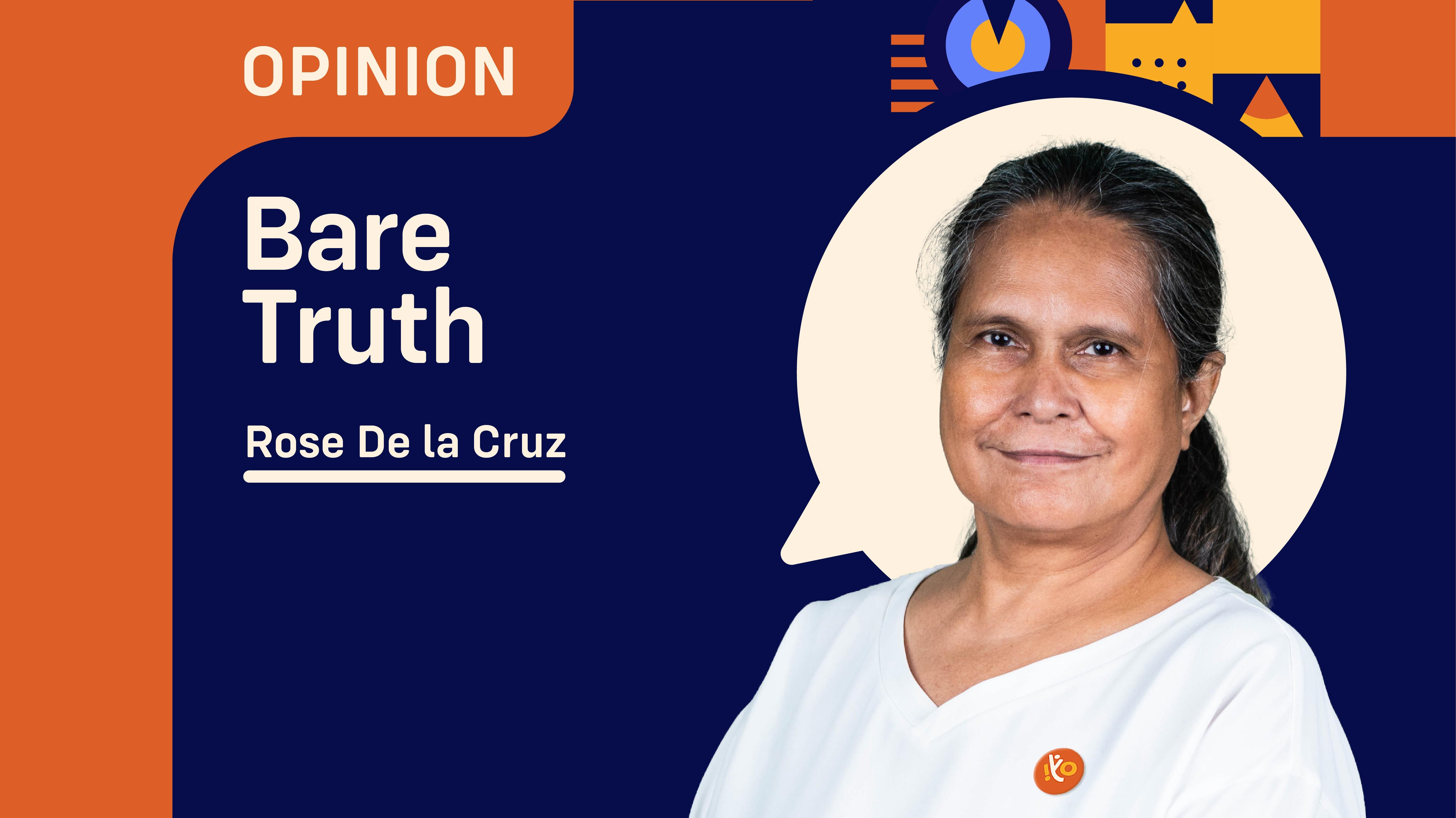THE recent preliminary talks by 50 countries on their commitments to abate the destructiveness of severe climate patterns around the world ended in a deadlock as I expected, because not one country would want to get rid or phase out even their coal-fired power plants.
UK Minister Alok Sharma, president- designate of COP26 (the 26th Conference of Parties of the UN) said “progress was made” during the two-day summit but warned that “vital issues” remain unresolved in the run-up to the event.
UK plays host to COP26 in November.
Extreme flooding as backdrop
Amid a backdrop of extreme flooding, ministers from more than 50 countries met in London this week to discuss tougher measures to tackle the climate crisis ahead of Cop26 – a key global summit to be held in Glasgow in just under 100 days.
Sharma said: “we have discussed the critical issues in the Cop26 negotiations. As we have done so, heavy rains and flash floods have swept London – a sobering reminder of the urgency of our task,” he told reporters at a press briefing held on Monday evening.
“We have moved closer together, but still on these vital issues we are not yet close enough. There is much more work to be done ahead of Cop26 and in Glasgow itself.”
Last chance
Cop26 is widely seen as a vital last chance to get the world on track to limiting global temperature rise to 1.5C above pre-industrial levels – the aspiration set by countries under the Paris Agreement.
London’s meeting comes days after environment ministers from G20 countries failed to agree on key climate commitments during talks held in Italy.
The meeting in Naples carried on through the night last Thursday as efforts to agree on tougher climate measures, such as phasing out coal power and removing subsidies for fossil fuels, were opposed by a small number of countries including Russia, China and India.
Very disappointing
Sharma described the lack of agreement on phasing out coal power – a step seen as vital to limiting temperature rise to 1.5C – as “very disappointing.”
“We weren’t able to get every country in the G20 to agree to language on unabated coal phase out, it’s as simple as that,” he said.
“There will be nowhere to hide at COP,” he said. “Each of us will be in the spotlight.”
Patricia Espinosa, the UN’s climate chief, added that the face-to-face meeting of ministers had been “extremely productive” but that “challenges” remained.
“There is a lot of homework to do in the next 90-something days,” she told reporters.
The event was the first face-to-face meeting of its kind in more than 18 months.
The government said that the COP26 team had worked closely with Public Health England and NHS Test and Trace to ensure “appropriate protocols” were met, including “daily testing and social distancing measures”.
The UK has repeatedly promised to hold the global climate summit, which typically involves 30,000 people, in person in November.
COP26 was originally scheduled for 2020 but postponed because of the pandemic.
Invited to attend COP26 by UK Prime Minister Boris Johnson are China’s President Xi Jinping and Russian President Vladimir Putin at the Scottish Event Campus in Glasgow.
The climate talks will bring together heads of state, climate experts and campaigners to agree coordinated action to tackle climate change.
The UNFCCC (United Nations Framework Convention on Climate Change) established agreements between the Parties to act on climate change. The first agreement was the Kyoto Protocol, which sets binding emission reduction targets for 30 industrialized nations and the EU.
The COP meets every year, except for last year because of the raging pandemic. The firs meeting was in Berlin in March 1995. The COP meets in Bonn, the seat of the secretariat unless a party offers to host the session, in which case this year it is hosted by the UK.
Walk the talk
World leaders, being political animals, are prone to make commitments they do not intend to fulfill first because of their national interest (especially if their energy mix is heavily- dependent on the pollutive coal resources and so as not to disrupt their markets for coal if they are more than self-sufficient in this resource).
As such the value of summits, meetings and negotiations are diminished over time. People like me have become cynical and skeptical about high-level meetings because when those leaders go back home, they will just return to their old ways and forget about their commitments for the betterment of the planet.
All nations—particularly those in Europe which are experiencing heavy floods and all kinds of climatic aberrations now—are affected by climate change and extreme weather patterns. But immediate interests of the country take precedence over concerns for climate abnormalities because after all, advanced countries still have the resources to clean up the mess and return to their usual progressive conditions.
But not the developing and poor nations like the Philippines, which after every climate disturbance would plead for the help of the international donor community to help it tide over the losses (in lives, infrastructure and properties) brought about by severe floods, typhoons, quakes and others.
I wonder what it would take for the rich, progressive nations like China, the US and Europe to walk- the -talk and honor their commitments to help the Earth recover from massive destructions from climate change.
There is only one planet for all of us, for now. Our planet Earth can only take so much beating from human activity, it can not regenerate as fast as we are destroying it. So we must act now—fulfill our commitments—for the sustainability of our planet and our lives.
